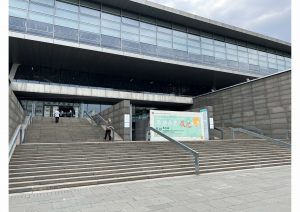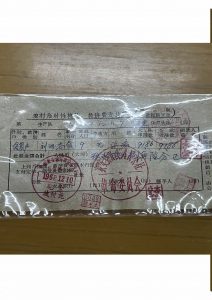In this summer I worked remotely in China on the Ford Scholars project with Professor Soon to study China’s labor insurance and medicine system in the 1950s to the 1970s. The main focus for this summer is to find first-hand primary sources on how the policies affect individuals. To what extent are the labor insurance system , and how do people respond to such a change?
To learn more about the said topic, I visited multiple libraries in Beijing, searching through d atabases, looking for primary sources. Two of the libraries I stayed most frequently at are the Capital Library (首都图书馆)and the National library (国家图书馆). 
Each library grants me access to different resources, so I have to sort out which ones are the most useful to the project. At first it felt like seeking for a needle in a haystack — I had no idea how to start and what to look for. But as the project proceeded, and with Professor Soon’s kind guidance, I started to grasp the key and made fast progresses. Towards the end of the project I also made several trips to Beijing Municipal Archives (北京市档案馆) to collect more first-hand information. A particular interesting piece of article reveals that, contrary to the belief that the labor insurance system are not enforced properly on basic levels of factories, local government kept an extremely close eye on the funds of the labor insurance to make sure they were put into proper use.
Another highlight of the project is browsing through an antique site (https://www.997788.com) and looking for people who sell stuff form the era. I managed to obtain several receipts that record labor insurance related expenditure. It’s eye opening in the sense that I didn’t realize there are so many creative ways to do research else than sitting in a library! 
